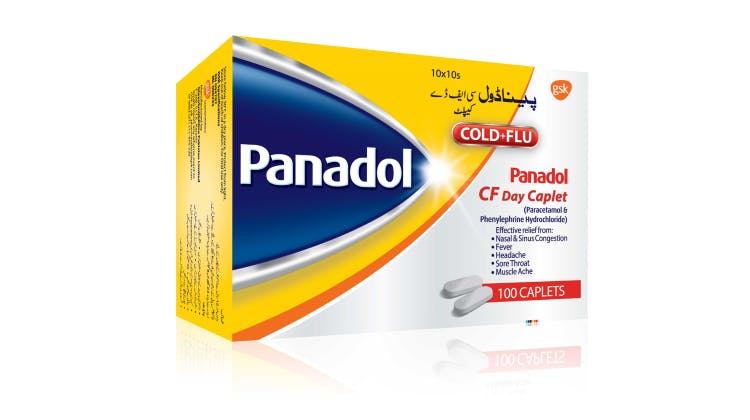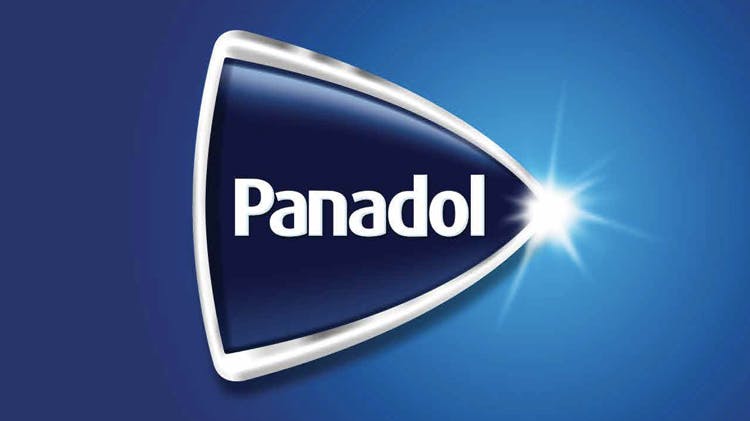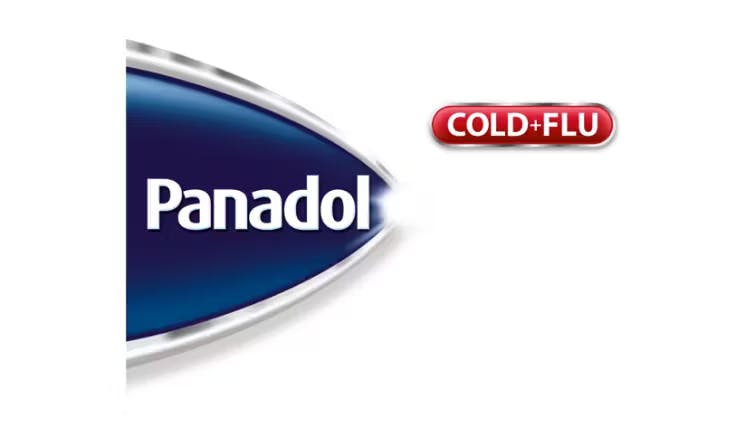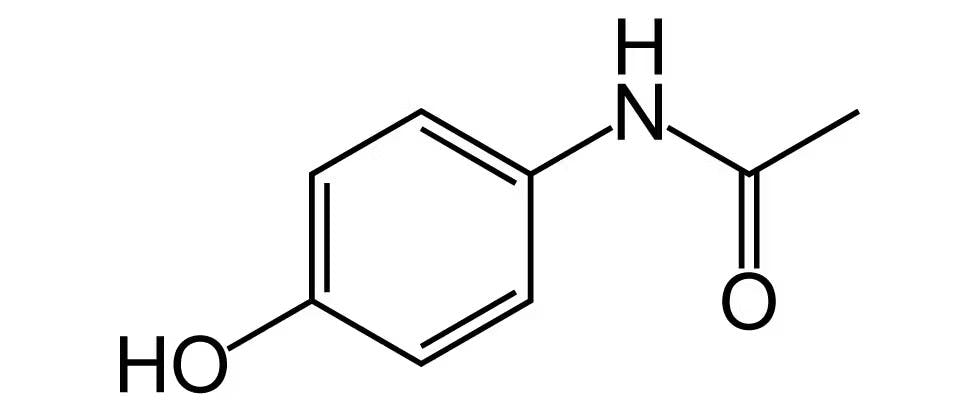Panadol Cold & Flu Day

Combines 2 active ingredients in one convenient dose
The combination therapy of 2 active ingredients in the one dose allows Panadol Cold & Flu Day to provide multi-symptom relief in a simple, convenient application:2
- Paracetamol is an analgesic and antipyretic.1
- Phenylephrine relieves nasal congestion

Panadol Cold & Flu Day (paracetamol 500mg, phenylephrine hydrochloride 5mg)
Gives relief from cold and flu symptoms in 30 minutes, lasting up to 6 hours3
Panadol Cold & Flu – Your Cold & Flu Partner

The Panadol Cold & Flu range
Find out how the Panadol Cold & Flu range can help your patients.


